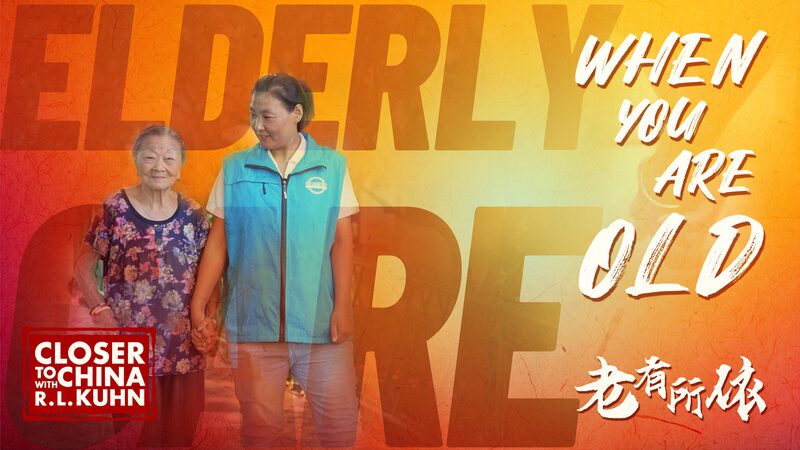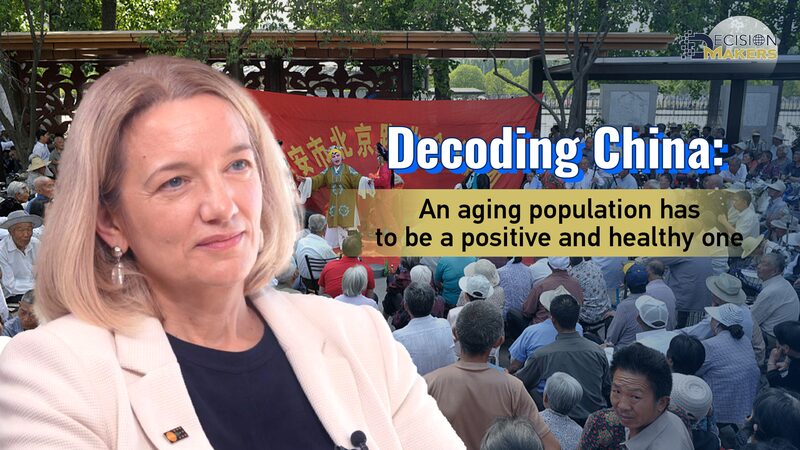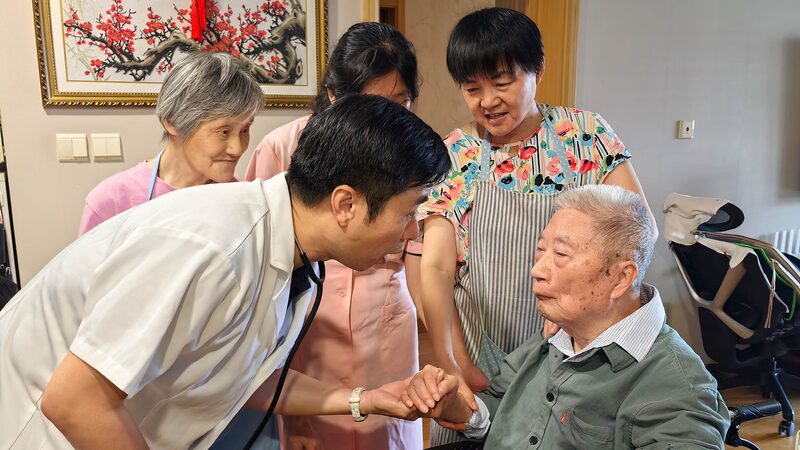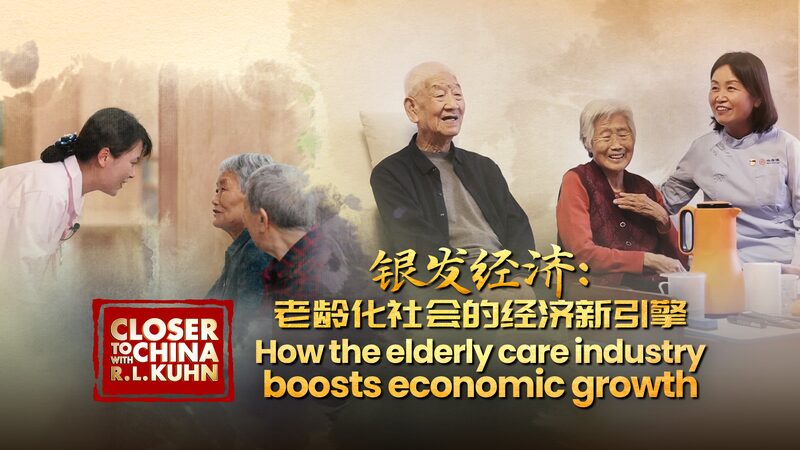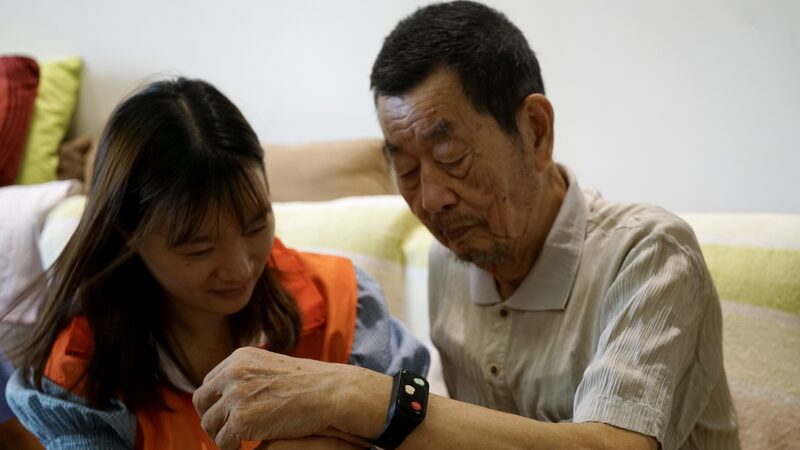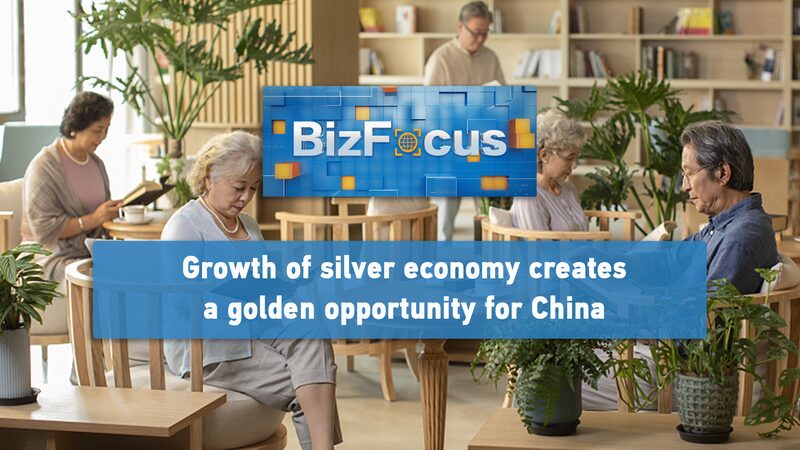The Chinese mainland is witnessing a profound demographic shift as its population ages at an unprecedented rate. Families are grappling with the challenges of caring for elderly relatives, while the nation seeks innovative solutions to support its aging citizens.
Li Wei, a 70-year-old retired teacher in Beijing, represents the new face of China’s elderly. Active and engaged, she participates in community centers offering classes in art and technology. “I never imagined I’d be learning to use a tablet at my age,” she laughs. “It’s wonderful to stay connected with my grandchildren who live abroad.”
These community centers are part of a broader initiative to modernize elderly care. Tech startups are developing apps tailored for seniors, providing services from medical consultations to social networking. Companies like Golden Age Tech are leading the charge, with CEO Zhang Ming stating, “We aim to bridge the gap between tradition and modernization, ensuring our elders are not left behind in the digital era.”
The government is also investing in infrastructure to support the elderly. New policies promote the development of elder-friendly housing and accessible public spaces. Rural areas are seeing the introduction of mobile health clinics, bringing medical care to those who need it most.
However, challenges remain. The balance between traditional family-based care and modern societal changes is delicate. Younger generations are moving to urban centers, leaving older relatives behind. “We must find ways to support our elders while respecting our cultural values,” says Professor Wang Hui from Shanghai University.
As China navigates this demographic shift, the question looms: Can the nation build an elderly-friendly society that harmoniously combines tradition with modernization? The emerging silver economy suggests a promising path forward, fueled by innovation and a deep respect for the aging population.
Reference(s):
cgtn.com
